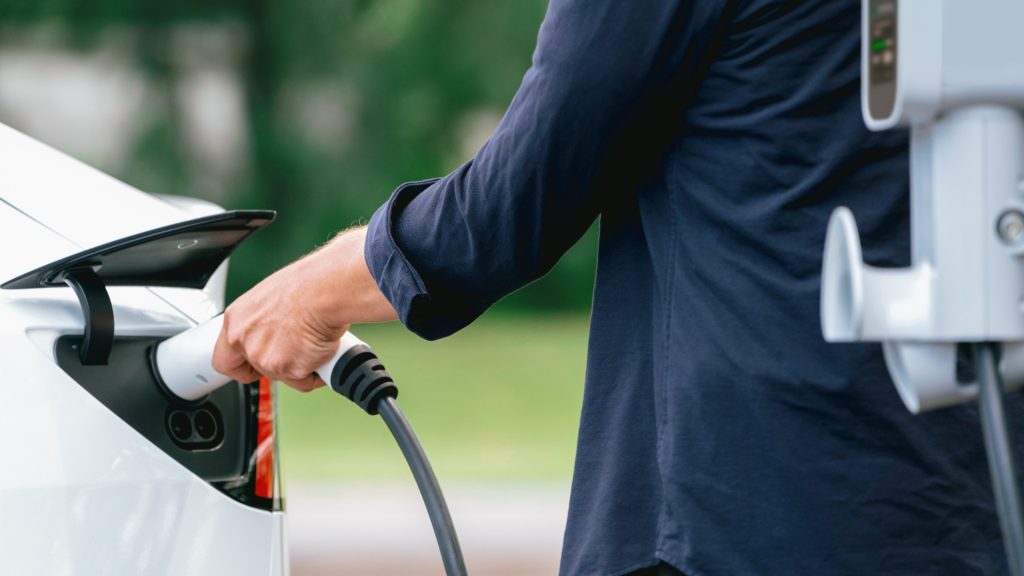A global study finds most drivers expect to own an electric car within 10 years.
Others are reading now
A new global study reveals that while the majority of drivers expect to own an electric car (EV) within the next decade, 10 percent of car buyers remain steadfast in saying “no thanks” to making the switch.
The study was conducted by consulting firm Accenture. It explores consumer attitudes toward electric cars and the factors influencing their decisions.
The study found that despite slowed growth in car sales in recent years, a majority of consumers in key automotive markets anticipate transitioning to electric vehicles within 10 years.
Also read
While 10 percent of car buyers refuse to consider EVs, the study showed that automakers have an opportunity to win over most consumers by addressing key priorities such as reliability, safety, and affordability.
“To drive the market forward, manufacturers must focus on the personal motivations of potential buyers,” the report concludes.
Regional Variations in Attitudes
The survey, which included 6,000 respondents from the U.S., Germany, Italy, France, China, and Japan, uncovered notable differences in attitudes toward EV adoption:
-
China: Optimism dominates, with 65 percent of respondents believing that EVs will eventually lead the market.
-
Germany and France: Skepticism prevails, with only 37 percent and 36 percent, respectively, considering an EV as their next purchase.
-
United States: While 54 percent expect to own an EV within a decade, 11 percent remain committed to traditional gasoline or diesel vehicles.
-
Japan: Even major brands like Toyota remain doubtful about the EV’s future dominance. Toyota’s former director and current chairman has stated that EVs will likely never exceed 30 percent of the global market.
At the same time, several automakers have started revising their ambitious EV goals.
Most recently, Volvo announced plans to backtrack on its commitment to exclusively produce electric vehicles by 2030, calling the original promise “easy” to scrap.


